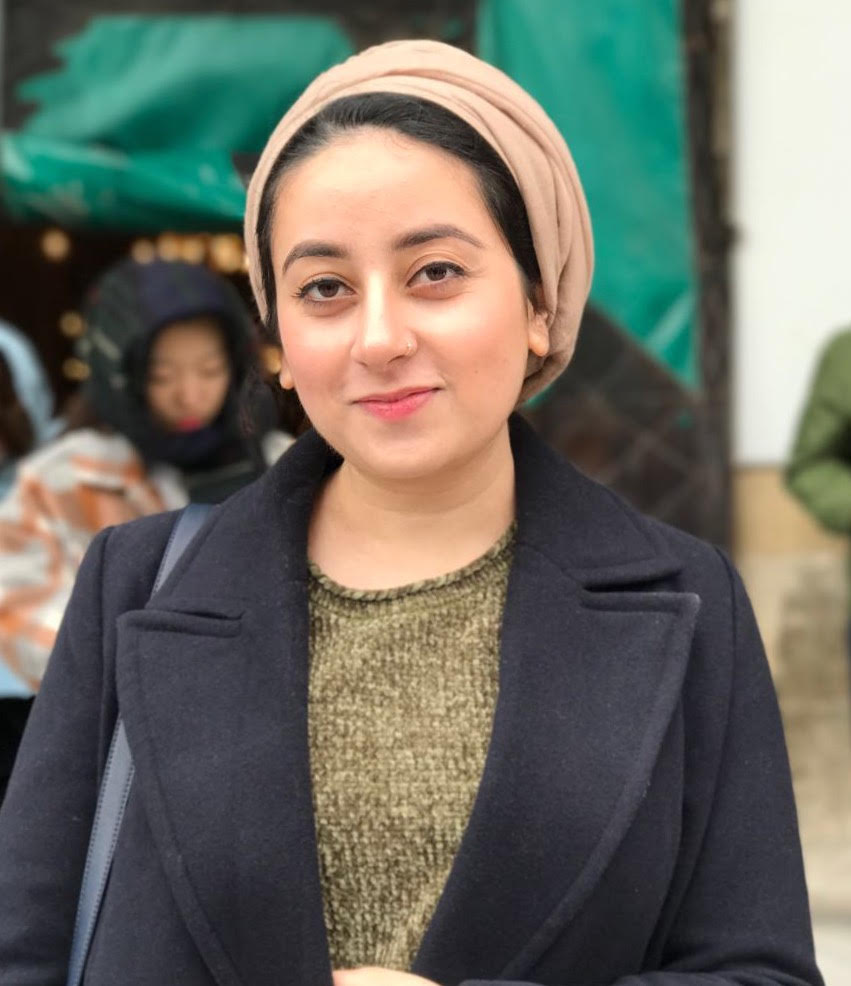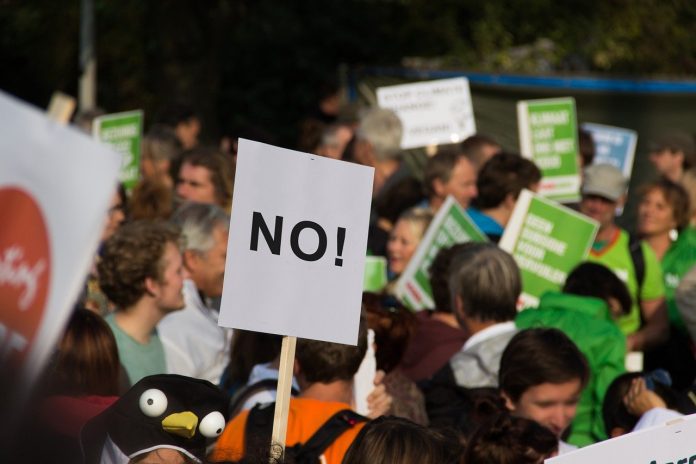On March 19, 2020, Brenton Tarrant – the man behind the Christchurch shootings in New Zealand – pleaded guilty to 51 charges of murder. Even as the horrific massacre that occurred in 2019 sent shockwaves across the world, hate crimes against Muslims, Islamophobic sentiment, white supremacy, and xenophobia increased manifold – making Muslim communities all around the world more vulnerable. Though Islamophobia predates the coronavirus pandemic, it is now impacting the lives of people from all over the world; Islamophobic elements and organizations are exploiting the crisis as yet another opportunity to advance their agenda. At a time when the primary focus should be the health and safety of mankind, the growing incidents against Muslims have unveiled a new crisis involving ethics and morality.
Islamophobic sentiments transcend boundaries. In February 2020, at the height of the coronavirus pandemic, a gunman killed nine people at two shisha bars in the German city of Hanau. A few days earlier, the German police had arrested 12 men on suspicion that they were planning to attack “persons of the Muslim faith”. In the same month, the London mosque stabbing incident, albeit under different circumstances, added to the growing incidents of violent attacks against Muslims. Many political leaders have fuelled widespread Islamophobia by singling out Muslims as a threat to “the West”; whether it is the US President Donald Trump retweeting anti-Muslim propaganda videos indicating the dangers Muslims pose to Western society or the frequent usage of terms such as “Islamist terrorism” – such rhetoric has collectively resulted in an amalgamation of terrorism with Islam. While Islamophobia has different manifestations varying across regions, mostly it is the perception of Muslims and Islamic practices being inherently violent, that misconstrue Islam as a threat and incompatible with the “European values”. The endorsement of such views by governments and politicians alike invariably leads to hate crimes against Muslims.
At a time when the COVID-19 pandemic is causing devastating repercussions worldwide, anti-Muslim groups and organizations in Britain are using the crisis to fuel hatred towards Muslims. Several incidents of groups trying to blame British Muslims for the spread of the virus were recorded by a hate crime-monitoring organization Tell MAMA. Social media was inundated with claims of Muslims breaching the lockdown by continuing to attend mosques to pray, as a result of which many Muslims were attacked. Responding to the images circulating on social media allegedly showing Muslims attending Friday prayers, the West Yorkshire police said the images were taken before the lockdown was announced. The monitoring group also reported many cases of violent attacks against Muslim women wearing a head covering (hijab).
Hate-groups are exploiting the pandemic to create division at a time when unity is crucial; the role of leadership thus becomes vital to ensure that the focus is not diverted away from healthcare and safety. Simultaneously, addressing the Islamophobia that has erupted is also essential. Ironically, Islamophobic leaders have also used the coronavirus crisis as a weapon to further their agenda against Muslims. In India, for example, Islamophobic elements surfaced once again when cases of COVID-19 were reported at a Tablighi Jamaat event. Hashtags including #CoronaJihad and #BioJihad inundated Twitter. Evidently in India, Islamophobic sentiments and ideas have been incorporated into the government bodies and structures casting Muslims as threats to the nation. Mukhtar Abbas Naqvi, the Union Minority Affairs Minister of India, called the gathering a “Talibani crime.” Consequently, fake stories blaming Muslims for spreading the virus in the country started circulating on social media. Even the high court of the western state of Gujarat said the Muslim congregation was the reason for the exponential growth of the pandemic in India.
Holding meetings and seminars – whether religious or political – during the coronavirus pandemic should receive condemnation and criticism for the irresponsible behavior that endangers the lives of people; however, the hate and bitterness displayed against Muslims after this incident demonstrate the ingrained Islamophobia within the social fabric of India. As a result of the constant demonization of Muslims, who immediately became the only culprits responsible for the spread of the coronavirus in India, a man committed suicide when members of his village socially boycotted him for being in touch with members of the Tablighi Jamaat who had tested positive. This incident highlights the impact that Islamophobia coupled with the coronavirus pandemic can have in excluding a community.
There is a need to highlight the impact of Islamophobia on Muslims worldwide and the emergence of misconstrued notions about Islam and its impact on the image of Muslims. As governments respond to the coronavirus pandemic, they must recognize the presence of Islamophobic elements that are capitalizing on a global crisis to further their motives. For both, coronavirus and Islamophobia, one thing holds – both have superseded geographical boundaries; however, to fight this pandemic unity is integral, regardless of faith and nationality.
The views and opinions expressed in this article are those of the author.

The author is a Research Associate at the Strategic Studies Institute Islamabad (SSII). She holds a BA in International Relations and Economics with a focus in International Ethics from Mount Holyoke College. Her research interests include religion and politics in Asia, ethics of war and peace, and the Kashmir dispute.


